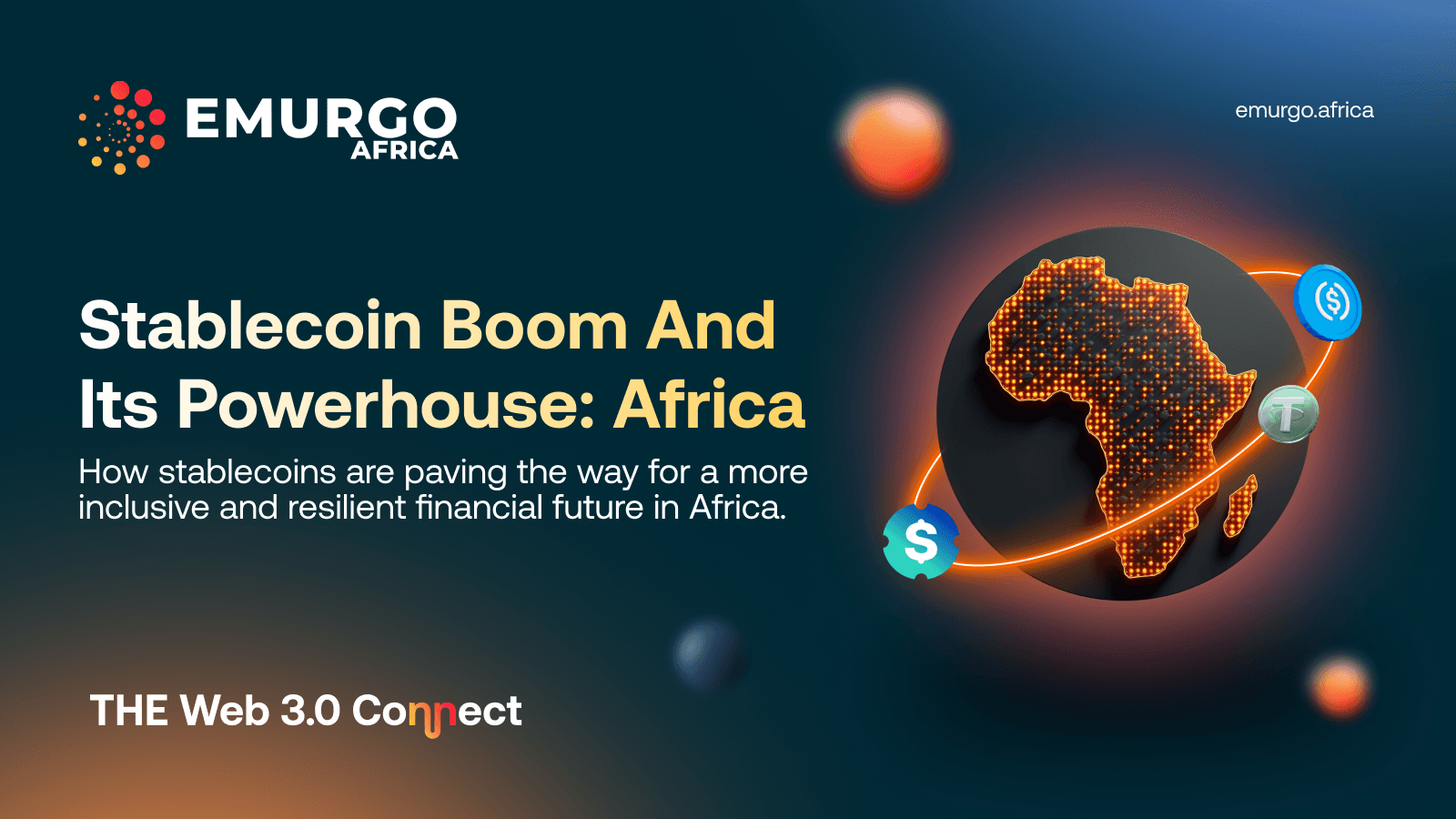🌟 Thank you for visiting our blog post 🤩☪️
In this post, we explore the effect of digital ID implementation in the context of low-income countries such as Sub-Saharan Africa. Digital ID innovations empower individuals in the economic, social, and political participation.
Let's discover the exciting journey of change and empowerment. 💡🚀
Blog posts related to this post:
・Download Full Report: Effect of Digital ID and Role of Decentralized ID (DID) in Africa
・Digital ID Initiatives by Country in Africa
Hope you enjoy reading the articles 😌🍌
Advances in ID technology have revolutionized identification. Today, people can be uniquely recognized by biometrics such as fingerprints, facial recognition, and iris scans. Such technologies enable more individuals to obtain official IDs and thereby empower them to participate in economic, social, and political activities1.
Economic Inclusion: Access to Finance
In terms of financial inclusion, digital IDs enable individuals to access bank and mobile money accounts, accumulate credit, and actively participate in the formal economy. The recording of an individual's credit history also enables access to loans and other important financial resources, including insurance.
Social Inclusion: Health Care, Education, and Aid
In addition, digital IDs streamline essential services such as government subsidies, health care, and education. In the area of health care, it is possible to track health records, immunization histories, and overall health status linked to IDs. Regarding education, comprehensive monitoring of student learning, attendance, and grades is possible. In addition, it facilitates verification of academic credentials and simplifies access to educational opportunities, thereby increasing employability.
Digital ID systems are also excellent in ensuring efficient and transparent aid and relief distribution, especially during crises such as natural disasters and pandemics. They minimize the risk of resource misallocation while reducing the potential for fraud and improving the overall quality of service delivery. More to the point, digital ID systems provide comprehensive data that can be leveraged to fine-tune intervention strategies and target critical areas in need of assistance.
Political Inclusion: Participation in Decision Making Process
Finally, these identification systems help promote civic participation, as exemplified by biometric voter registration. Promoting citizen participation strengthens transparent and accountable governance and democratic processes in all communities.
Digital IDs as Crucial Factor for Achieving SDGs
These economic, social, and political values of digital IDs make digital IDs a crucial policy imperative for low-income countries and their partners. Overall, it is estimated that widespread use of digital finance could boost the annual GDP of all emerging economies by $3.7 trillion by 2025, a 6% increase over the status quo2. Indeed, Goal 16.9 of the Sustainable Development Goals (SDGs) also aims to provide "legal ID for all" by 2030 (for the list of SDG goals, targets, and indicators, click here)3.
Figure1. Sustainable Development Goals (SDGs)

Source: Sustainable Development Goals | UN
Figure 2. Identification and SDGs

Source: ”Identification Revolution” by Center for Global Development (CGD)
Requirements for Digital ID Implementation
Implementing digital ID systems requires careful consideration, with a primary emphasis on security, privacy, and inclusivity. It is essential to ensure that all segments of the population, including marginalized and vulnerable groups, have access to and can benefit from these systems, both in government and the private sector4. Strong data protection measures are crucial for safeguarding individuals' personal information. When thoughtfully deployed, digital IDs can serve as powerful tools for driving positive change and enhancing the lives of people in low-income countries4.
References:
(1) Identification Revolution: Can Digital ID Be Harnessed for Development? | CGD
(2) ”Digital identification: A key to inclusive growth” by Mckinsey Global Institute
(3) Goals, targets, and indicators of the SDGs | The Danish Institute for Human Rights
(4) Can digital IDs transform service delivery in sub-Saharan Africa? | JPAL
Thank you very much for reading this post🪄
For downloading the full report, visit this page.
Follow EMURGO Africa for more information

EMURGO Africa invests and supports local Web3 projects in the region to adopt Cardano’s decentralized blockchain technology to build socially impactful solutions.
As a regional entity of EMURGO, the official commercial arm of Cardano, EMURGO Africa also runs a local Cardano accelerator in Africa, Adaverse, which accepts applications year-round.
For more up-to-date information on EMURGO Africa, follow the official channels listed below.
About EMURGO Africa
- Official Website: emurgo.africa
- Twitter: @EmurgoAfrica
- Telegram: https://t.me/emurgoafrica



